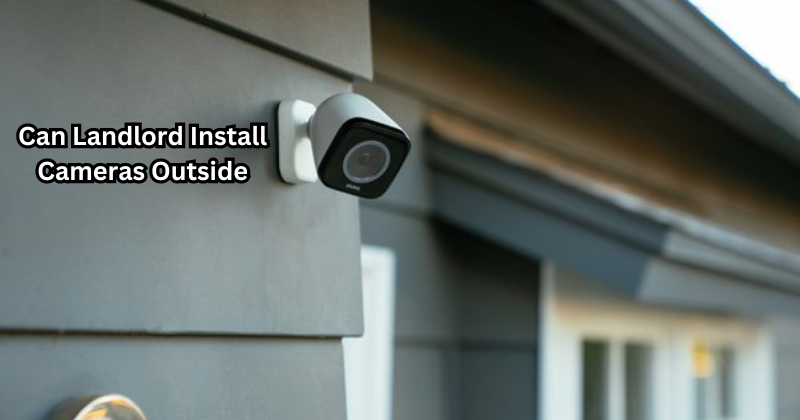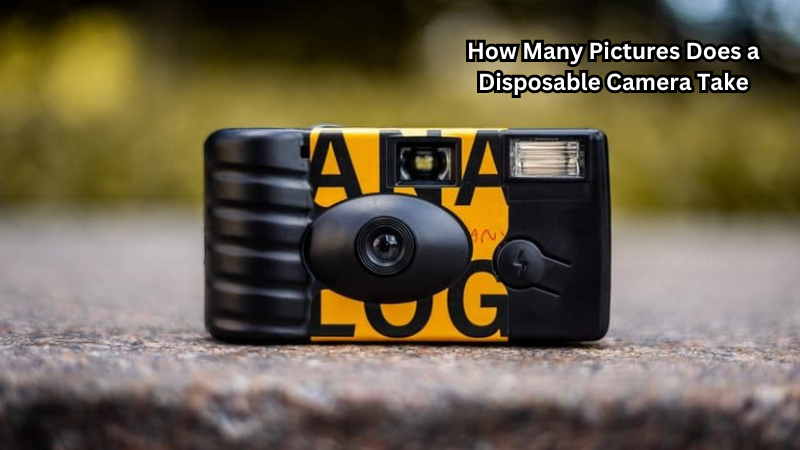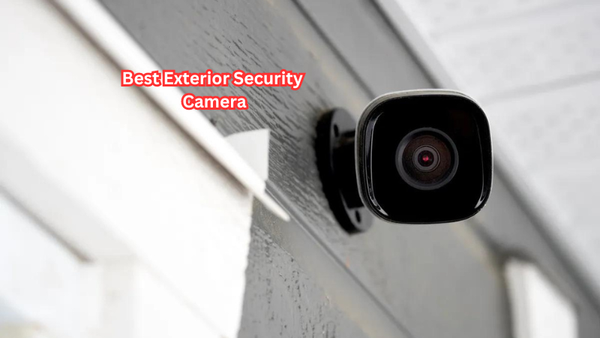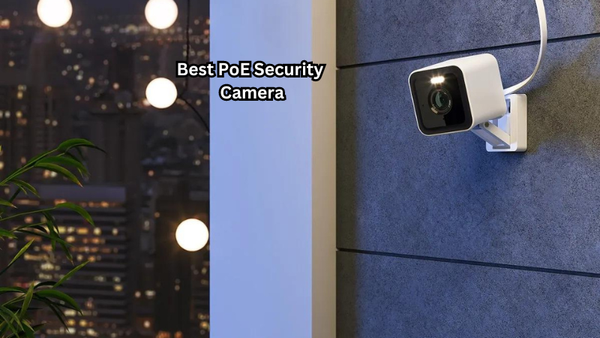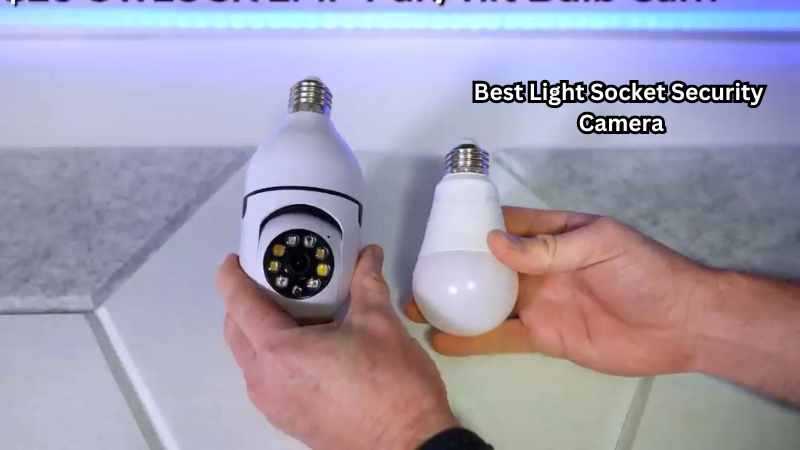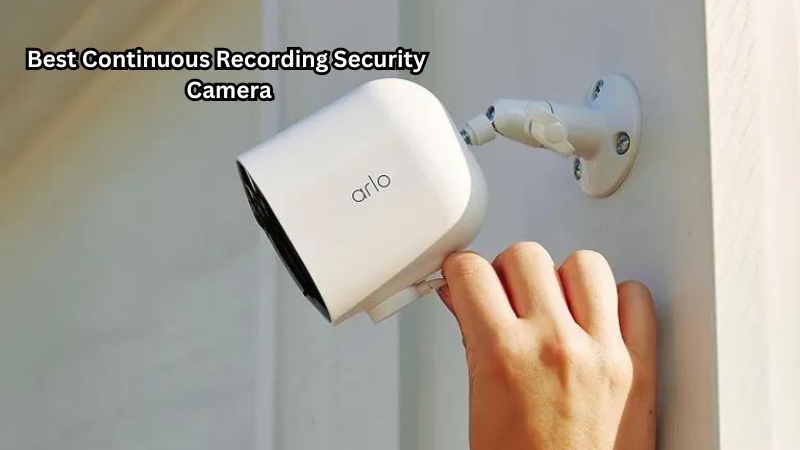The question of whether a landlord can install cameras outside their property is nuanced and multifaceted. Privacy concerns, legal considerations, and security benefits play significant roles in this conversation.
While outdoor cameras can enhance security and deter crime, landlords must navigate a complex web of laws and regulations that vary by jurisdiction. Tenants' privacy rights must be respected, and landlords should ensure they are compliant with local laws to avoid legal repercussions.
Understanding tenant rights and obtaining proper consent are essential in responsibly implementing outdoor surveillance measures. This delicate balance requires landlords to stay informed and act with due diligence.
Is It Legal for Landlords to Put Security Cameras Around Rental Property?
Whether landlords can install cameras outside their rental property depends on several key factors. These include the location of the cameras, their purpose, and any applicable laws in the specific jurisdiction.
In most cases, landlords are legally allowed to have surveillance cameras on their rental property as long as they do not violate tenants' rights to privacy. This means that cameras should not be placed where tenants reasonably expect privacy, such as inside their units or bathrooms.
Additionally, landlords must ensure that their surveillance use does not discriminate against protected classes under fair housing laws. For example, if a landlord only installs cameras in common areas where families with children tend to congregate, this may be seen as discriminatory.
To stay on the right side of the law, landlords should familiarize themselves with federal and state privacy laws and any local regulations that may apply. Seeking legal counsel before installing outdoor cameras can also help ensure compliance and avoid potential issues. Install surveillance cameras responsibly and always prioritize the privacy of tenants.
Reasons: Can Landlord Install Cameras Outside
There are several reasons why a landlord may want to install security cameras outside their rental property. Here are some of the most common justifications:
Deter criminal activity:
Outdoor cameras can be an effective deterrent against theft, vandalism, and other crimes. Security cameras can make potential criminals think twice before targeting a property.
Monitor property damage:
Landlords may want to install cameras outside their property to monitor for damages or potential liability concerns. If a tenant causes damage to the exterior of the building or surrounding grounds, video evidence can help with insurance claims or legal disputes.
Protect tenants and guests:
Cameras placed in common areas like parking lots, hallways, or entrances can help ensure the safety of tenants and visitors. In case of any accidents or incidents, footage will be available for review.
Ensure compliance with rental policies:
Landlords may also install cameras outside to monitor for any violations of rental policies, such as unauthorized pets or subletting. This can help maintain the safety and integrity of the property.
Provide peace of mind:
For some landlords, installing outdoor cameras can simply provide peace of mind, as they know their property has an extra layer of security.
Landlord install security cameras outside their rental property is a personal decision that should be made carefully, considering all potential factors and implications. Hidden cameras or cameras that violate tenants' privacy rights are not acceptable and can lead to legal consequences. Therefore, landlords should prioritize transparency and open communication with tenants when implementing outdoor surveillance measures.
Tenant Rights Concerning Outdoor Cameras
Tenants have a right to privacy, which extends to common areas outside their units. While landlords are generally allowed to have outdoor cameras on their rental property, they must ensure tenants' rights are not violated. Some steps landlords can take to respect tenant's privacy include:
- Informing tenants of camera placement: Landlords should notify tenants in writing of any outdoor cameras and their intended purpose.
- Limiting surveillance to common areas: Cameras should not be placed inside tenant units or in areas with a reasonable expectation of privacy, such as balconies or patios.
- Obtaining consent from tenants: In some jurisdictions, landlords may be required to obtain written consent before installing outdoor cameras. Even if not legally required, obtaining consent is still considered good practice.
- Providing options for opt-out: Tenants who do not wish to be recorded by outdoor cameras should have the option to provide alternative routes or designated areas without surveillance.
When landlords install security cameras outside their rental properties, they must balance protecting their property and respecting tenants' rights. Installing surveillance cameras without properly considering tenant privacy can lead to complaints, legal action, and damage to the landlord-tenant relationship.
What Landlords Need To Know About Installing Security Cameras Outside
Before installing outdoor cameras on their rental property, landlords should take the following steps to ensure they are acting legally and ethically:
- Research local laws: Landlord-tenant laws vary by state and locality, so it's crucial to research applicable laws and regulations before proceeding with any surveillance measures.
- Notify tenants in writing: As mentioned earlier, informing tenants of camera placement and purpose is necessary to respect their rights. This can also help avoid potential conflicts down the line.
- Seek legal counsel: Consulting with a lawyer who specializes in landlord-tenant law can provide invaluable guidance and ensure compliance with all relevant statutes.
- Properly maintain cameras: Landlords should regularly check outdoor cameras to ensure they function correctly. This includes regularly downloading and storing footage, as well as making any necessary repairs or upgrades.
- Be transparent about surveillance: If tenants have questions or concerns about outdoor cameras, landlords should be open and willing to address them. Transparent communication can help maintain positive relationships with tenants and avoid potential legal issues.
Can My Landlord Record Video and Audio?
While landlords are generally allowed to have outdoor cameras on their rental property, recording audio is a different matter. In most states, it is illegal to record audio without the consent of all parties involved. This means that if a landlord wants to include audio recordings as part of their surveillance measures, they must first obtain written consent from tenants.
Even if it is legal in the state, landlords should still consider whether recording audio is necessary and ethical. It may be seen as an invasion of privacy by tenants and could potentially lead to legal issues or strained relationships. Video surveillance alone can often suffice for security purposes, and landlords should carefully weigh the need for audio recording before implementing it.
What are the Apartment Security Camera Laws for Tenants?
Tenant rights concerning outdoor cameras are typically covered under the implied warranty of habitability, which guarantees tenants a safe and livable dwelling. This includes protection from unreasonable surveillance measures by landlords.
Some states have specific laws that govern landlord-tenant relationships when it comes to security cameras. For example, California requires landlords to provide written notice of any intended video or audio surveillance in common areas. Other states may have different requirements or restrictions, so it's essential for both landlords and tenants to research and understand their local laws.
Benefits of Outdoor Cameras for Landlords and Tenants
While there may be concerns about privacy and legality, outdoor cameras can provide numerous benefits for both landlords and tenants. These include:
- Deterrent against crime: As mentioned earlier, the presence of outdoor cameras can prevent criminal activity on the property.
- Evidentiary support: In case of any incidents or disputes, footage from outdoor cameras can serve as evidence to support claims.
- Peace of mind: For both landlords and tenants, knowing that there is an extra layer of security in place can provide peace of mind.
- Lower insurance premiums: Some insurance companies may offer discounts for properties with outdoor surveillance systems in place.
Privacy Concerns and Finding a Balance
While outdoor cameras can provide many benefits, it's crucial to find a balance between ensuring safety and respecting privacy. Landlords should carefully consider the need for such surveillance measures and take steps to ensure they are not excessively invasive.
Tenants also have a responsibility to respect their landlord's property and comply with rental policies. As long as both parties communicate openly and act in accordance with the law, outdoor cameras can be an effective tool for maintaining security on rental properties. So, it is necessary for landlords to install outdoor cameras outside of their rental properties.
FAQs
Is it legal to put cameras around your house?
Yes, it is generally legal for landlords to install outdoor cameras on their rental property. However, they must do so in compliance with applicable laws and regulations.
Can my landlord record me without my knowledge?
It depends on the state and whether audio recording is involved. In most states, it is illegal to record audio without the consent of all parties involved.
Where not to install security cameras?
Security cameras should not be installed in areas where there is a reasonable expectation of privacy, such as bathrooms or inside rental units. Hidden surveillance cameras are also considered unethical and may be illegal.
Are Ring doorbells illegal?
No, Ring doorbells are not illegal. However, landlords should still follow applicable laws and regulations when installing them on rental properties.
Conclusion
In conclusion, while landlords can potentially install cameras outside their property, it is crucial to strike a balance between enhancing security and respecting tenant privacy. Adhering to legal requirements and being mindful of tenant rights are essential to avoid legal complications and maintain trust.
Landlords must stay informed about local laws and best practices to ensure responsible surveillance. By navigating these considerations thoughtfully, landlords can provide a secure environment without infringing on the privacy and comfort of their tenants.
